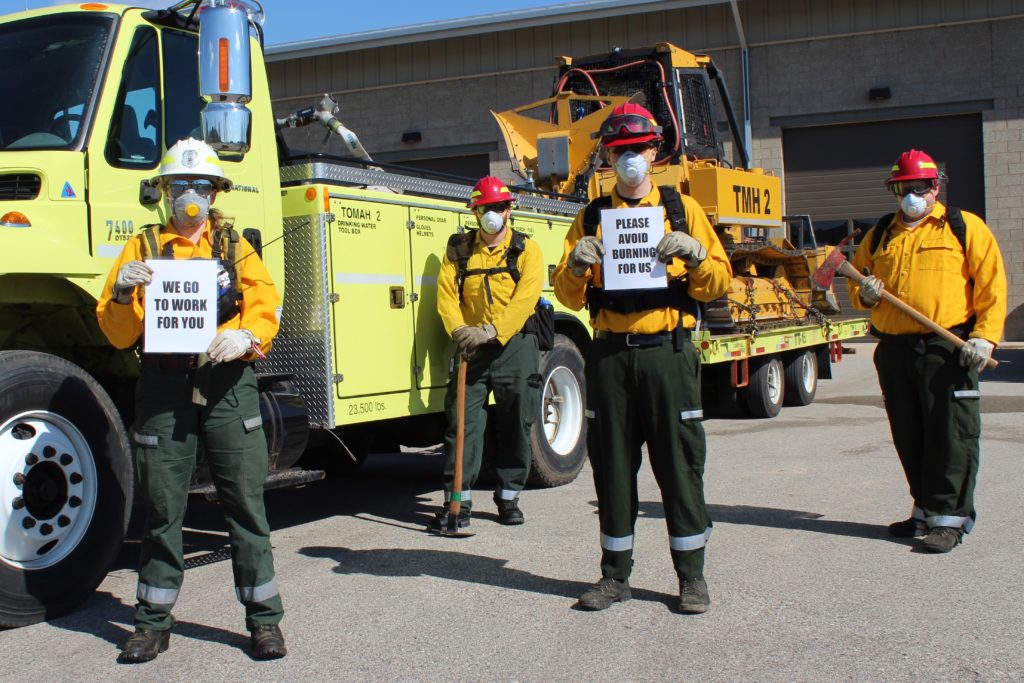It’s Wildfire Prevention Week, and we’re here to remind you that spring in Wisconsin is fire season!
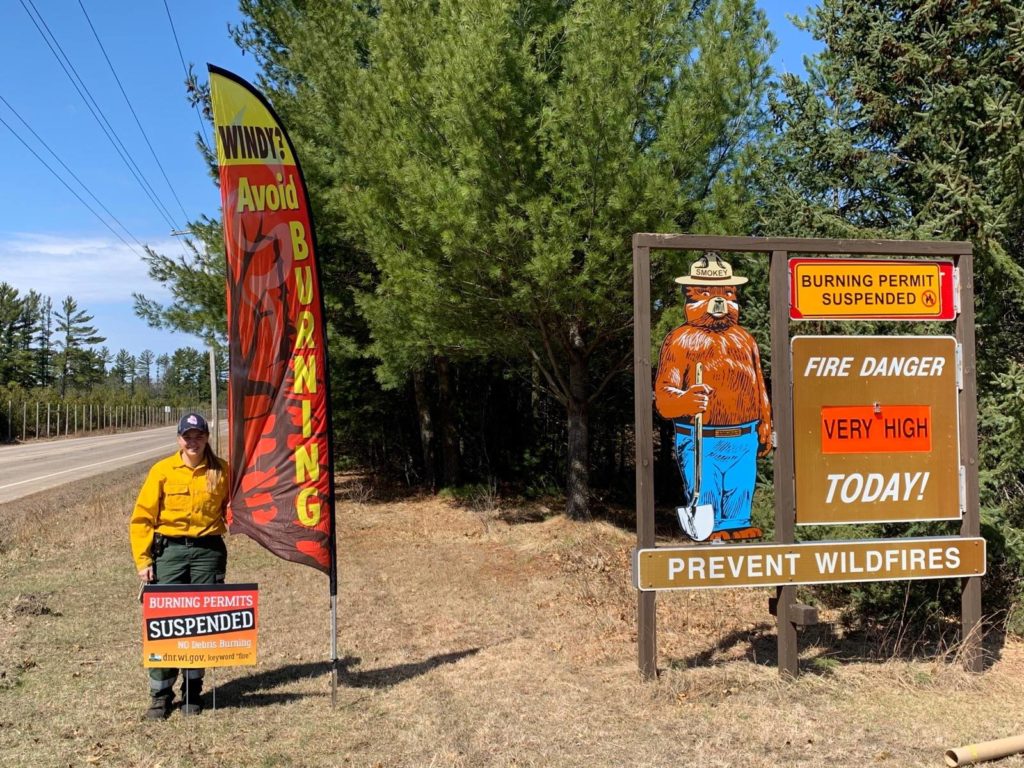 In the last week, there were nearly 50 wildfires across the state. Strong, gusty winds, low humidity and dry conditions mean that fire danger throughout Wisconsin remains Very High today and tomorrow (4/20-4/21). Although rain is in the forecast, grasses and other vegetation can dry out very quickly allowing fires to escape and grow rapidly.
In the last week, there were nearly 50 wildfires across the state. Strong, gusty winds, low humidity and dry conditions mean that fire danger throughout Wisconsin remains Very High today and tomorrow (4/20-4/21). Although rain is in the forecast, grasses and other vegetation can dry out very quickly allowing fires to escape and grow rapidly.
Wildfires pose a serious threat to public safety, property and our natural resources. Over 98% of all wildfires in Wisconsin are caused by people. Debris burning is the No. 1 cause of wildfires in our state. If danger is elevated, high or very high, avoid burning of any kind, including campfires. Be aware of sneaky causes of wildfires – like sparks or hot exhausts systems from logging, farming equipment and off-road recreational vehicles.
On April 18, 2020 a 234-acre wildfire occurred in Juneau County near Necedah. The wildfire burned on private property and on the Necedah Wildlife Refuge. The wildfire was caused by someone debris burning in a campfire ring. Five structures were threatened but were saved. Residents needed to be evacuated but were allowed to return home late that afternoon. Fire Danger was Very high.
DNR burning permits continue to be suspended in Wisconsin. All burning of debris in barrels, burning of debris piles on the ground, grass or wooded areas, in DNR protection areas, is prohibited at this time
Remember, wildfires have many causes. Don’t be one of them!
Stay up-to-date on the fire danger and check for current wildfire activity at dnr.wi.gov, search “fire” https://dnr.wi.gov/topic/ForestFire/
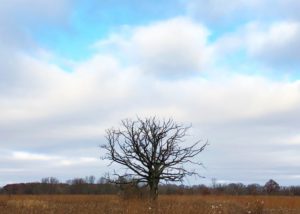 Happy Arbor Day! Join us in celebrating from home today. Post a photo of your favorite tree on social media, tag @arborday, and use the hashtag #arbordayathome. The Arbor Day Foundation will plant a tree on your behalf.
Happy Arbor Day! Join us in celebrating from home today. Post a photo of your favorite tree on social media, tag @arborday, and use the hashtag #arbordayathome. The Arbor Day Foundation will plant a tree on your behalf.
 In the last week, there were nearly 50 wildfires across the state. Strong, gusty winds, low humidity and dry conditions mean that fire danger throughout Wisconsin remains Very High today and tomorrow (4/20-4/21). Although rain is in the forecast, grasses and other vegetation can dry out very quickly allowing fires to escape and grow rapidly.
In the last week, there were nearly 50 wildfires across the state. Strong, gusty winds, low humidity and dry conditions mean that fire danger throughout Wisconsin remains Very High today and tomorrow (4/20-4/21). Although rain is in the forecast, grasses and other vegetation can dry out very quickly allowing fires to escape and grow rapidly.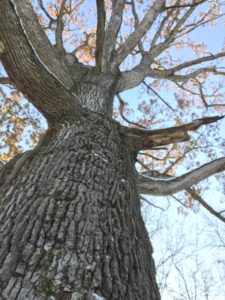 To keep everyone safe and healthy during this pandemic, the Arbor Day Foundation is suspending the requirement to hold a public Arbor Day celebration in 2020. Communities will be able to maintain their Tree City/Campus/Line designations without meeting this standard.
To keep everyone safe and healthy during this pandemic, the Arbor Day Foundation is suspending the requirement to hold a public Arbor Day celebration in 2020. Communities will be able to maintain their Tree City/Campus/Line designations without meeting this standard.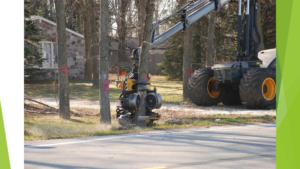 With thousands of trees on their properties, municipalities and other urban ownerships sometimes need to remove a large volume of trees at once, such as after an insect or disease outbreak (i.e., emerald ash borer) or a catastrophic weather event (wind/tornadoes or ice/snow damage). When this need arises, what are the options available to remove these trees efficiently, safely, cost effectively and quickly?
With thousands of trees on their properties, municipalities and other urban ownerships sometimes need to remove a large volume of trees at once, such as after an insect or disease outbreak (i.e., emerald ash borer) or a catastrophic weather event (wind/tornadoes or ice/snow damage). When this need arises, what are the options available to remove these trees efficiently, safely, cost effectively and quickly? 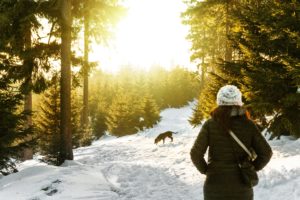 Are you going stir-crazy stuck inside your house or apartment? Take a visit to the forest outside your door! Step outside to enjoy the sights, sounds and smells of the trees and nature around you. It’s good for your mind, body and soul. Research shows exposure to nature reduces depression, anxiety and stress! Plus, we all know physical activity keeps your body healthy and boosts your mood.
Are you going stir-crazy stuck inside your house or apartment? Take a visit to the forest outside your door! Step outside to enjoy the sights, sounds and smells of the trees and nature around you. It’s good for your mind, body and soul. Research shows exposure to nature reduces depression, anxiety and stress! Plus, we all know physical activity keeps your body healthy and boosts your mood. 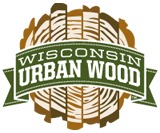 Wisconsin Urban Wood is conducting a research project with support from the Forest Service to develop and demonstrate best practice standards for urban wood utilization in Wisconsin; including describing the:
Wisconsin Urban Wood is conducting a research project with support from the Forest Service to develop and demonstrate best practice standards for urban wood utilization in Wisconsin; including describing the: 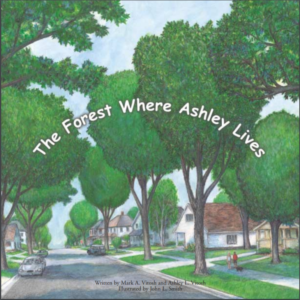 Our thoughts are with the families who are grappling with school closures, while balancing work and facilitating their children’s school days. There have been many online sources for continued education for all levels of schooling and we encourage you to check them out in addition to those provided by your local schools.
Our thoughts are with the families who are grappling with school closures, while balancing work and facilitating their children’s school days. There have been many online sources for continued education for all levels of schooling and we encourage you to check them out in addition to those provided by your local schools.